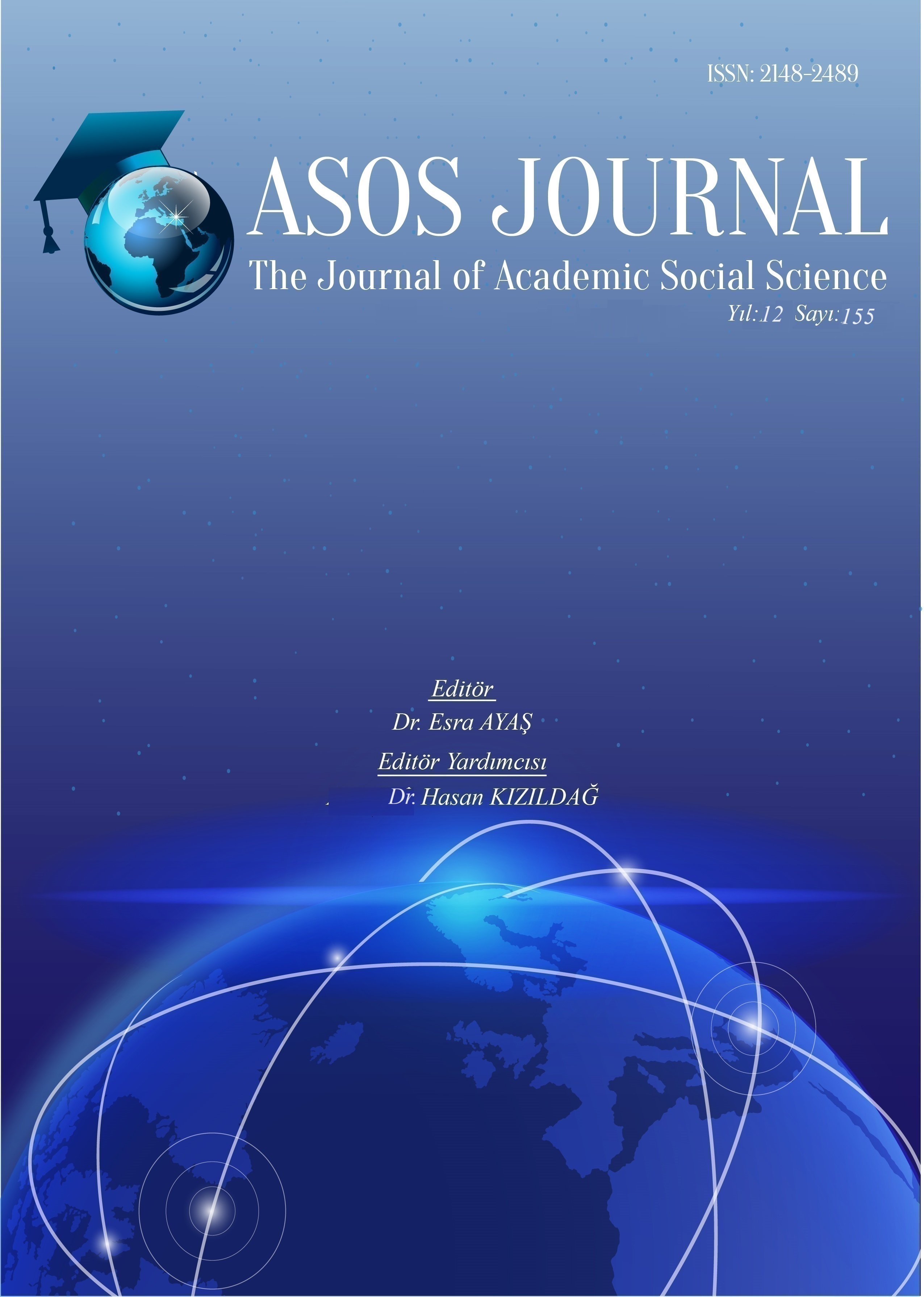Author :
Abstract
Nesihle ilgili pek çok tartışma Kelam ilmiyle yoğun bir ilişki içerisindedir. Neshin mahalli, hükmün vaktinden evvel neshi ve önce emredilen bir fiilin daha sonra nehyedilemeyeceği düşüncesi; bunlardan bazılarıdır. Cessâs’ın nesihle ilgili bu meselelerde mutezileye isnat edilen görüşlerle uyumlu bir yaklaşım içerisinde olduğu da mutezile ile görüş ayrılığına düştüğü de vakidir. Bu durum, Cessâs’ın yaşadığı dönemin Bağdat’ı, yahudi nüfus yoğunluğu ve Büveyhi siyaseti göz önünde bulundurulduğunda anlaşılır hale gelmektedir. Farklı dinden, inançtan ve mezhepten insanların bir arada yaşadığı Bağdat, din eksenli çatışmalara olduğu kadar farklı dini grupların birbirlerinden etkilenmelerine de tanıklık etmiştir. Bunun en belirgin örneği, önce emredilen bir fiilin daha sonra nehyedilemeyeceği düşüncesinde görülür. Buna göre Allah, emrettiğini hasen olduğu için emreder, nehyettiğini kabih olduğu için nehyeder. Allah’ın önce emrettiğini sonra nehyetmesi tenakuzdur. Allah’ın fiillerinde böyle bir tenakuz bulunmaz. Cessâs’ın ortaya koyduğu bu düşünce, Hanefi usul alimleri arasında sınırlı sayıda takipçi bulabilmiştir. Bâkıllânî ise bu düşünceyi yahudilere isnat ederek eleştirmiştir.
Keywords
Abstract
Many discussions about abrogation are closely related to the science of Kalam. The locality of the abrogation, the premature abrogation of the provision, and the idea that an act ordered before cannot be prohibited later are some of them. al-Jaṣṣāṣ’ approach to these discussions is critical. It is also the case that al-Jaṣṣāṣ had a compatible approach with the views attributed to the Mu’tazila on issues related to abrogation. However, he also disagreed with the Mu’tazila. This situation becomes more vivid when considering the rich historical backdrop of Baghdad and Buwayhid politics during the period in which al-Jaṣṣāṣ lived. Baghdad, a melting pot where people from different religions, beliefs, and sects coexist, has witnessed religious-based conflicts as well as the influence of different religious groups on each other. The most obvious example of this is the idea that an action commanded first cannot be prohibited later. Accordingly, Allah commands what He commands because it is good, and He forbids what He forbids because He is knowledgeable. It is contradictory for God first to command and then forbid. There is no such contradiction in God's actions. al-Jaṣṣāṣ’ idea could find a limited number of followers among Hanafi scholars. al-Bāḳıllānī criticized this idea by attributing it to the Jews.





